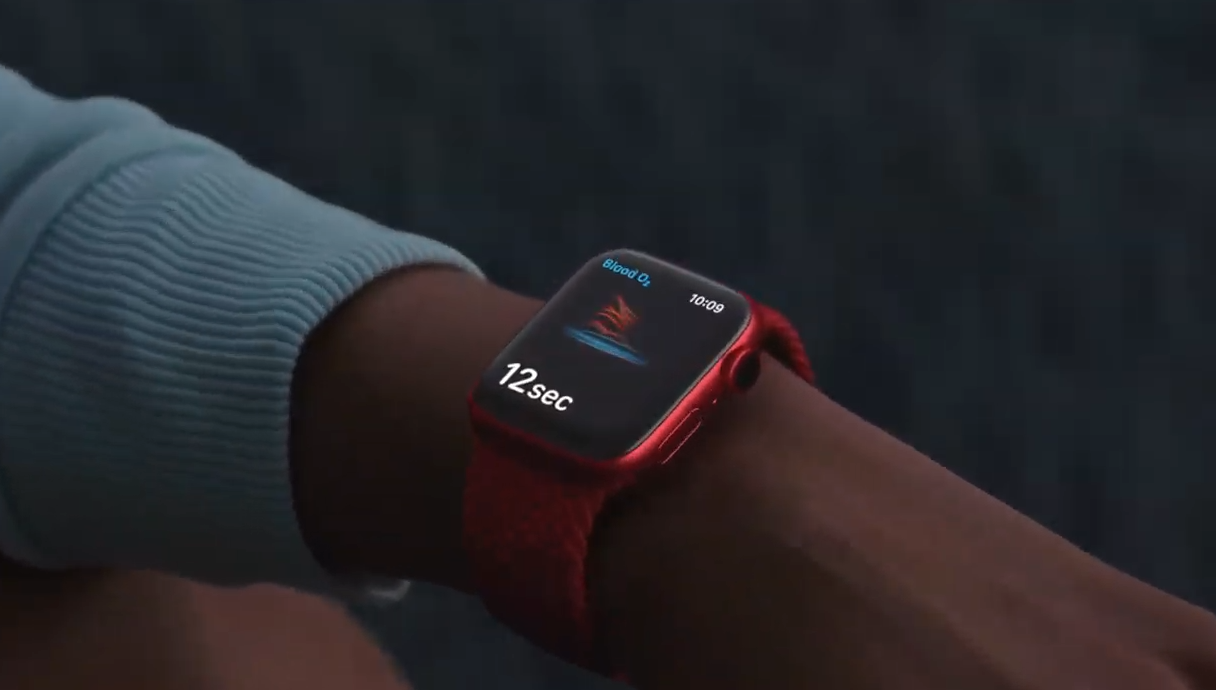Future Apple Watches could have new health trackers, but science limits what Apple can achieve
I'm a smartwatch, not a doctor

Apple has a goal to ship an Apple Watch with more health tracking sensors than ever – and it could land as soon as 2022.
According to the Wall Street Journal, Apple’s vision of the future involves a smartwatch that can monitor blood pressure, temperature, sleep, and even blood sugar on top of the data it already collects. However, its dreams of the future might never match up with reality.
While Samsung’s Galaxy Watch 3 and Galaxy Watch Active 2 already offer blood pressure tracking the feature has to be calibrated every four weeks with a typical blood pressure cuff, limiting its ease of use. Apple would likely come under similar issues with reliability, especially as it reportedly wants to create a tracker that won’t rely on squeezing the wrist – which would make its device unlike every trustworthy blood pressure monitor available today.
- Apple Watch 7 release date could be later than you'd expect
- The best fitness tracker 2021
- Vital signs positive for AI in European healthcare
Apple could find success with sleep tracking though, as this feature is already available on many of their rivals in the smartwatch and fitness tracker market. The only issue Apple will have run into so far with the features is battery life, as even the best Apple Watches aren’t consistently able to survive long enough to be used all day and all night reliably.
However, battery life is the least of Apple’s design problems if it wants to make a device that can be trusted to measure all this different medically important data. So unfortunately we aren’t expecting much from Apple’s 2022 smartwatches in this regard, and we’d be surprised if it can ever develop the health features it reportedly wants to create.
The science isn’t in Apple’s corner
Apple’s desire to create a convenient, all-in-one health monitor is an admirable goal – but it’s got more than a few challenges in its path, not least of which is developing the tech in question.
Apple isn’t trying to create a monitor for something we can’t already track medically, it's trying to create a whole new way of monitoring it – something which isn’t as easy as it first sounds.
Sign up for breaking news, reviews, opinion, top tech deals, and more.
Take blood sugar levels. There are currently only two methods we have of measuring it right now. One requires users to prick a finger and use the blood in a short 15 second test, while the other requires a sensor to be inserted under the skin (though it’s currently less accurate than the prick).
Neither of these options would likely be what Apple wants to use, and developing a reliable blood sugar monitor that can work entirely from outside the body would be incredibly tricky. Apple would have to find a way to create a smartwatch-sized spectrometer-like device that can not only differentiate blood glucose from glucose in other areas (like glucose in the interstitial fluid that surrounds cells in our skin) but can accurately determine how much of that glucose is present per litre of blood. If it was easy, we’d already be doing it.
If we ignore whether Apple could actually develop these devices or not for a second, it quickly falls into a second trap: space. Smartwatches already have to pack a fair amount into what is a surprisingly small form factor, and if Apple wants to add a bajillion new health trackers on top of that, we'll end up with an Apple Watch that looks like an arm bracer.
While we hope Apple is successful in its quest to make a health tracker ripped straight out of science fiction, we won’t be holding our breath. If its designs are even possible, we expect it would be years (if not decades) before something as reliable and small as it needs to be actually comes to market, even with Apple throwing all its resources behind the project.

Hamish is a Senior Staff Writer for TechRadar and you’ll see his name appearing on articles across nearly every topic on the site from smart home deals to speaker reviews to graphics card news and everything in between. He uses his broad range of knowledge to help explain the latest gadgets and if they’re a must-buy or a fad fueled by hype. Though his specialty is writing about everything going on in the world of virtual reality and augmented reality.